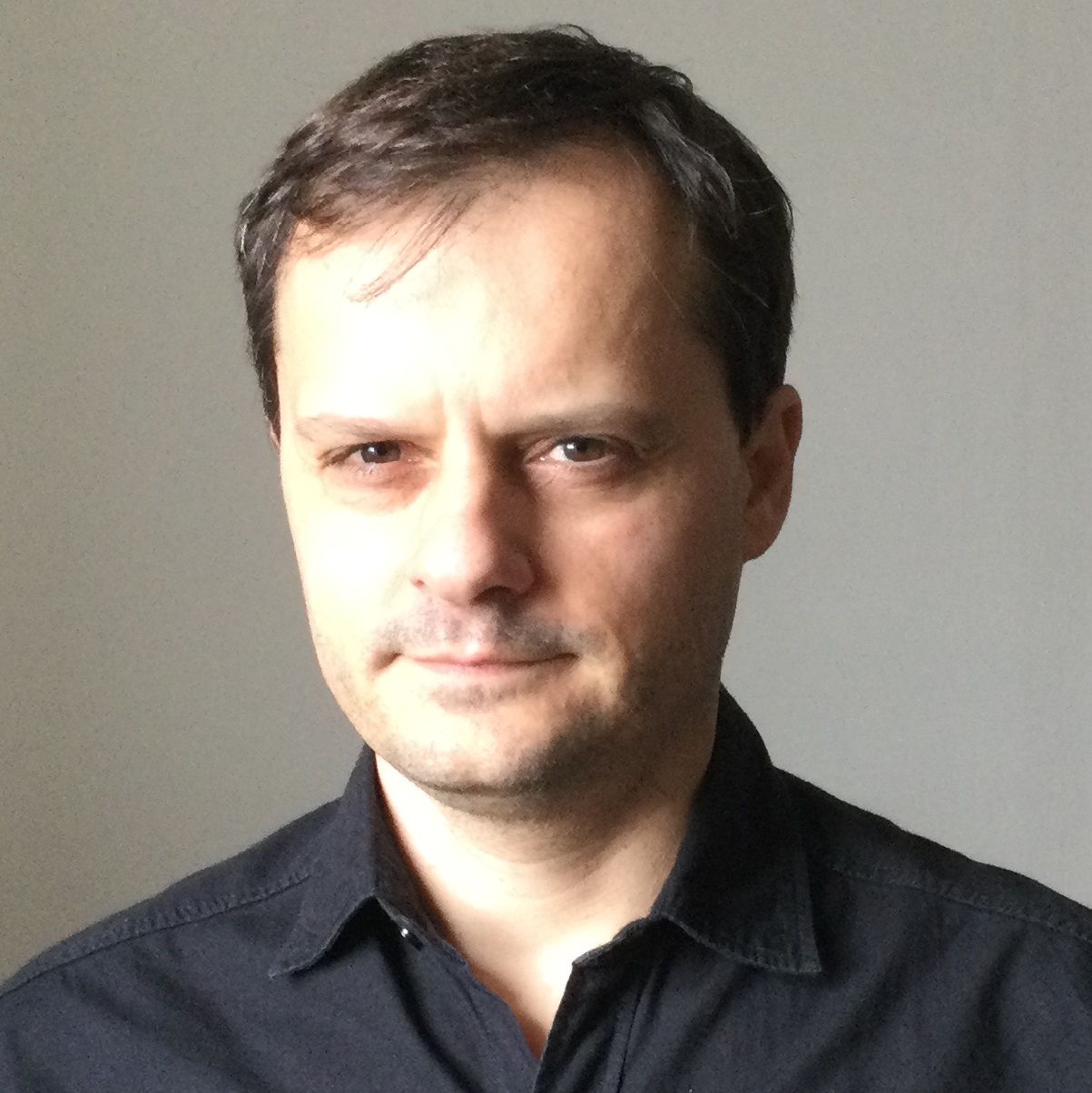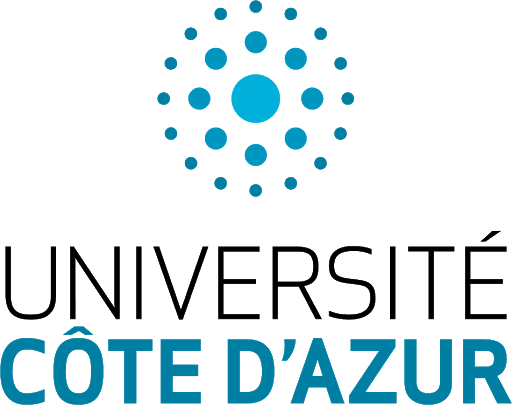On-going PhD students
(2020- ) Maroua TIKAT. Interactive Multimedia
Visualization for the exploration of a metadata database of
popular music. Co-supervision (50%) with Michel Buffa. Sophia
Antipolis, France. (on-going PhD thesis)
Former PhD students
(2015- 2019) Jean Luc HAK. “Engineering
annotations to support the design and development of interactive
systems: a tool and a model-based approach”. Presented on July
18th 2019, Université Paul Sabatier, Toulouse, France.
(2014-2018) Thiago ROCHA SILVA. “A
Behavior-Driven Approach for Specifying and Testing User
Requirements in Interactive Systems”. Presented on September 17th
2018, Université Paul Sabatier, Toulouse, France.
(2016-2018) Gabriela BOSETTI. “Un enfoque
orientado a usuarios finales para el desarrollo de aplicaciones de
Aumentación Web Móvil”. Presented on February 23th 2018,
Universidad Nationale de La Plata – UNLP, La Plata, Argentina.
Co-supervision (50%) with Gustavo Rossi and Sergio Firmenich.
(2013-2017) Pedro VALENTE. “The GOALS approach:
business and information systems traceability by means of
Human-Computer Interaction”. Presented on December 5th 2017,
Universidade da Madeira, Funchal, Portugal. Co-supervision with
Nuno Nunes.
(2013- 2017) Thaíse Kelly DE LIMA COSTA. “A Web
Portal for the Diffusion of Serious Games for Health Care
Training”. Presented on February 14th février 2017, Universidade
Federal da Paraíba (UFPA), João Pessoa, Brésil. Co-supervision
with Liliane dos Santos Machado and Ana Maria Gondim Valença.
Scientific internship during the PhD at the Université Paul
Sabatier, Toulouse, France.
(2010-2017) Ricardo CAVA. “Integrating Graph
Visualization and Multidimensional Data Visualization Techniques”.
Presented on February 17th 2017, Universidade Federal do Rio
Grande do Sul (UFRGS), Porto Alegre, Brésil. Co-supervision avec
Carla M.D.S. Freitas.
(2009-2013) Sergio FIRMENICH. “Client-side
adaptation of Web Applications”. Presented on April 11th 2013,
Universidad Nationale de La Plata – UNLP, La Plata, Argentina.
Co-supervision (50%) with Gustavo Rossi and Silvia Gordillo.
(2009-2011) Célia MARTINIE. “A Synergistic
Models-Based Approach to Develop Usable, Reliable and Operable
Interactive Critical Systems”. Presented on December 5th 2011,
Université Paul Sabatier, Toulouse, France. Co-supervision (50%)
with Philippe Palanque.
(2004-2008) Joseph XIONG. “An evaluation method
for automatic inspection of ergonomic guidelines throughout the
development process of Web”. Presented on September 29th 2008,
Université Paul Sabatier, Toulouse, France. Co-supervision (50%)
with Christelle Farenc.
(2004-2008) Florence PONTICO. “A pattern-based
user interface design method for e-Government applications”.
Presented on July 11th 2008, Université Paul Sabatier, Toulouse,
France. Co-supervision (50%) with Regina Bernhaupt.




